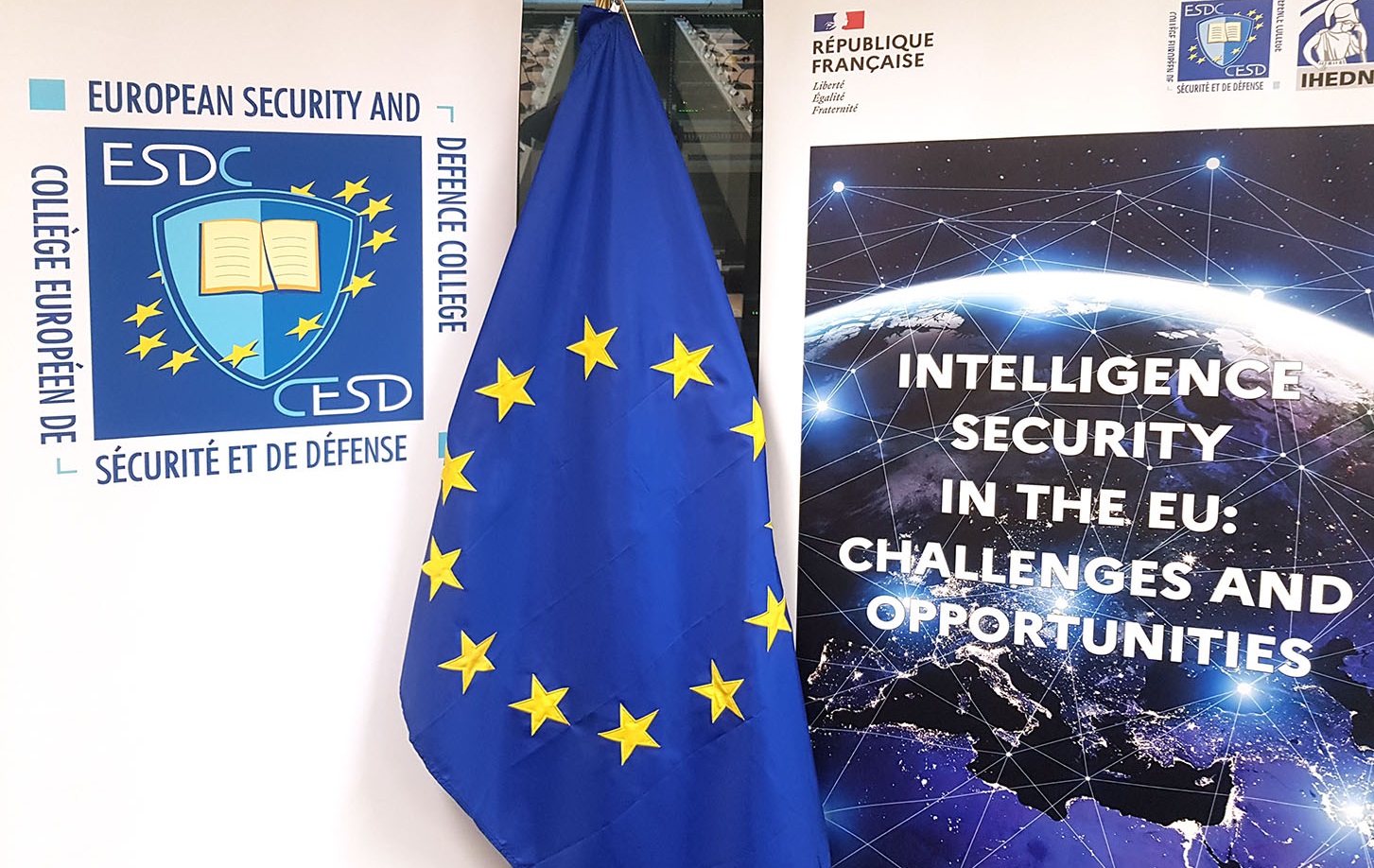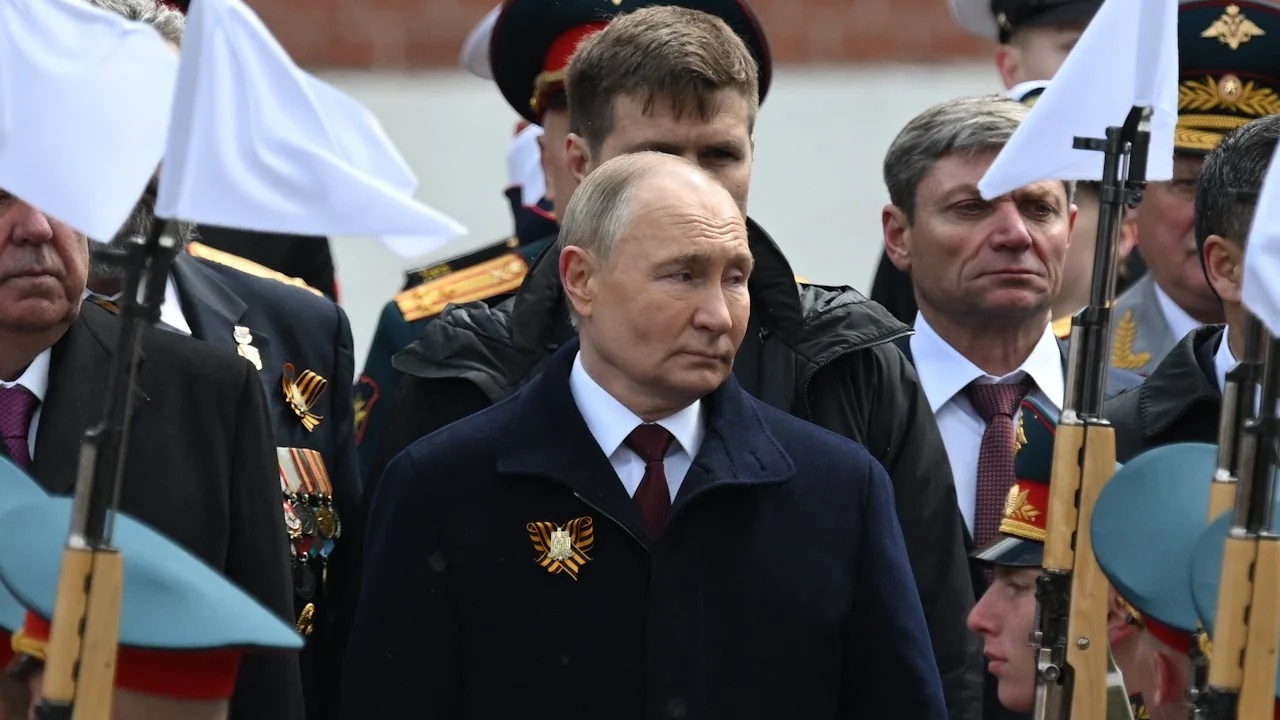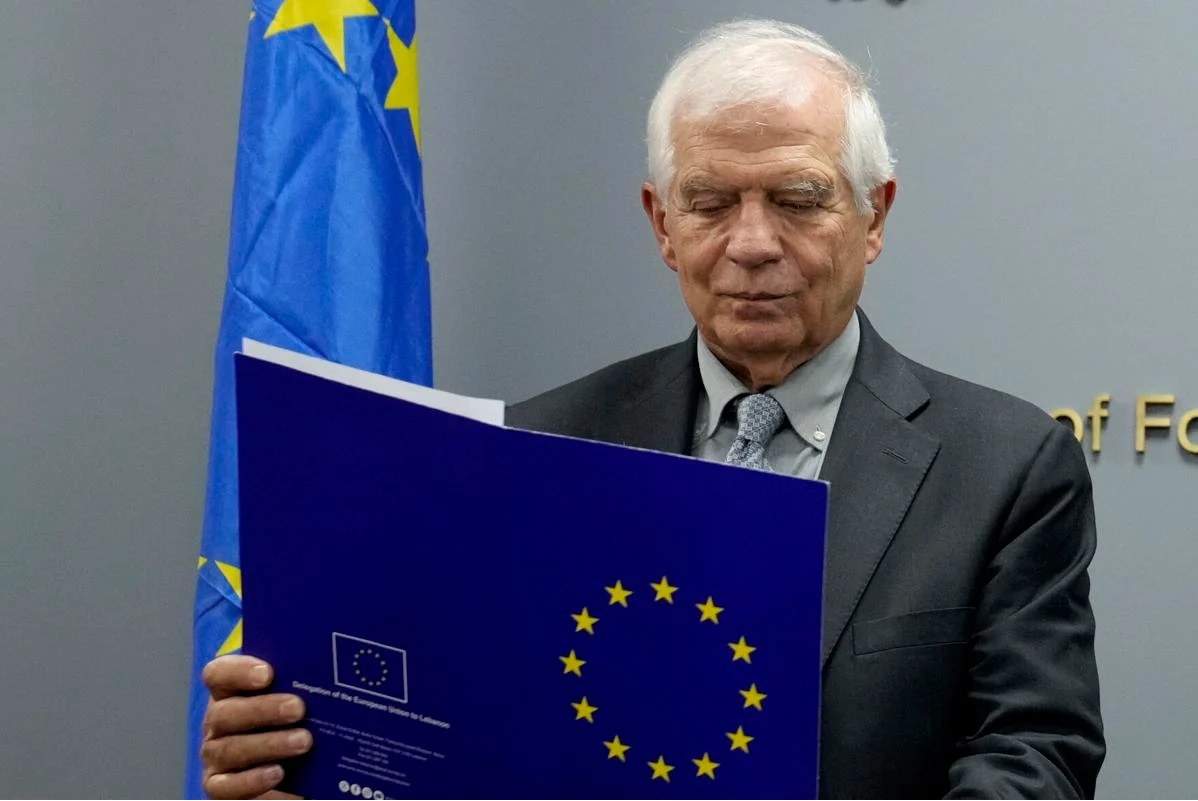European Centre for Counterterrorism and Intelligence Studies, Germany & Netherlands – ECCI
Defence industry worries EU-funded innovation may be put on the shelf
euractiv – A report drafted by EU defence companies on EU research and innovation funding calls out governments for not supporting projects financially and for a lack of long-term perspective for their projects.The report, seen by Euractiv, contains recommendations and criticisms from large firms and think tanks, gathered under the banner of the European Commission’s Expert Group on policies and programmes relevant to EU defence, including the European Defence Fund (EDF).
The document was shared with the Commission ahead of the planned reform of the fund in 2025, which was recently subject to public consultation.The €7 billion EDF was created in 2021 for seven years, intending to push collaboration on research and development (R&D) in the defence sector and grow new technologies on the continent.
In Europe, cross-border cooperation in defence research and development is usually the exception rather than the norm.But a few years since the EDF’s launch, cooperation has increased, including between small and medium entreprises (SMEs), the industries highlight in their report. They go on to list several suggestions to help them collaborate even further.
Now is the time to leverage these opportunities, the expert group wrote to the Commission.While the Commission is seeking views midway through the EDF’s cycle, it is unlikely that changes will be implemented for the final two years of the current regulation. Instead, they are expected to feed into the drafting of the new text for 2028 and beyond.
The Commission, Euractiv reported last year, is mulling a new defence fund focused on large projects of common interest.
Avoiding the “death-valley” for projects
Despite progress on collaboration, the companies behind the report highlight a number of practical concerns to the Commission.A running thread through the recommendations is the need for companies to be able to look ahead to the production and industrialisation of their products after the research and development phases, especially for innovative and disruptive technologies.
Without an eye on industrialisation and the sale of the products to EU governments, companies are worried their collaborative outputs will be put on the shelf, never again to be looked at once EU funding runs dry.Compounding the problem is that there is no coordination mechanism between projects that allows them to build on progress made in previous years.
While the EDF is a multi-year fund, projects are selected for funding on a year-by-year basis. If a company starts working on a project one year, there is no guarantee it will also be selected again the next year – the company is treated in essence as a new candidate.The expert group also argues that funding should not only focus on research and development of defence technologies, but also on funding a “higher percentage of projects at more advanced stages (prototype or Full Operational Capability)”.
Other ideas include funding for project management costs, “allowing for a real project management role for the consortium leaders or prime contractors.”They also ask for funding for upstream of research “allowing for true harmonisation and coordination of operational/military requirements, including timelines and budgets”, as well as feasibility studies. The latter “would be fundamental to boost cooperation among member states to agree on common requirements and on implementation roadmaps for the new capabilities.”
Government accountability
Another key driver of cross-border cooperation, the authors suggest, is to compel national governments – who are supposed to co-fund projects with the EU – to fulfil their part of the deal.Any reform should look to “secure the complete funding of the projects, taking into account the possible combination of European defence fund and national funding,” they argue.
Moreover, the EDF should cover all potential costs around R&D activities, which would “align it with the reality of defence activities, which the current grant model does not completely cover,” they write.The group also considers that there should be a “stronger and formal link” between the EDF and the member states’ permanent structured cooperation (PESCO), echoing a suggestion made by France and Germany in a discussion paper seen by Euractiv.
The PESCO is also undergoing a review, at the same time as the member states and Parliament will be discussing the creation of a brand new permanent framework for defence industry cooperation, the European Defence Investment Programme (EDIP).




